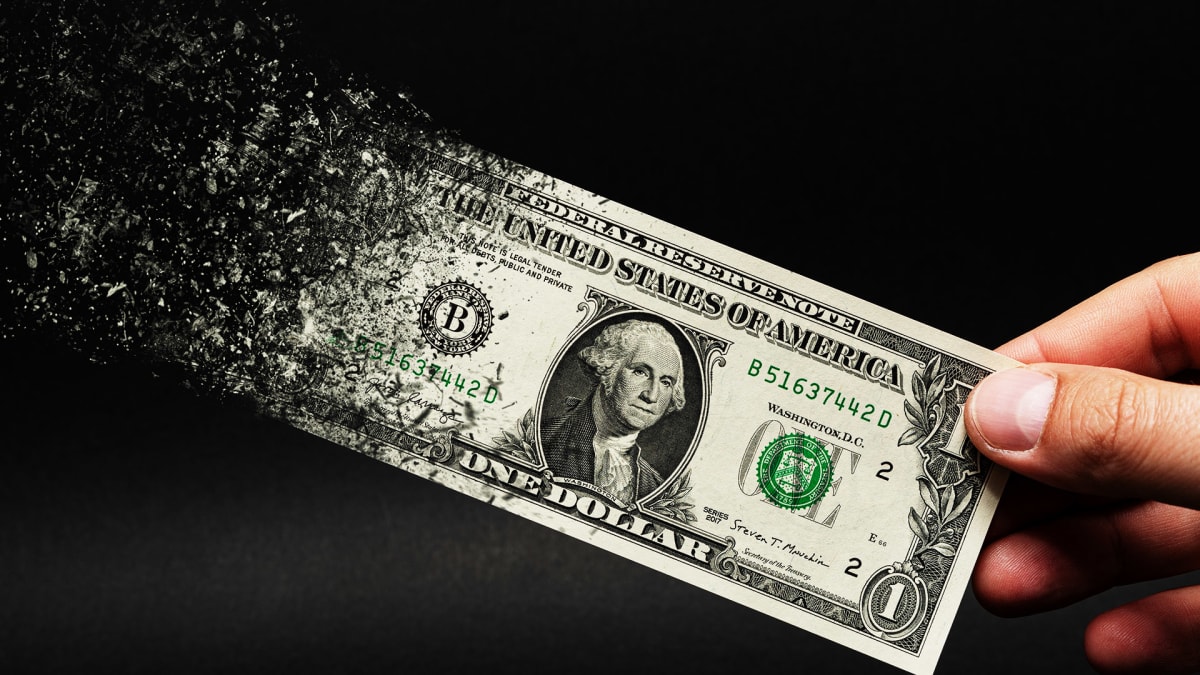
The Federal Reserve's preferred measure of U.S. inflation slowed again in December, data published Friday indicated, but the changes were largely muted and suggest price pressures could be slow to abate heading into the start of the year.
The December core PCE Price Index rose 4.4% from last year, down from the 4.7% pace recorded in November and essentially matching the consensus Street forecast. The core index was up 0.3% on the month, the Bureau of Economic Analysis reported, in line with both last month's tally and Street forecasts.
The headline PCE index rose 0.1% on the month and eased to 5% on the year, with both readings falling below analysts forecasts. Personal incomes rose by 0.2% while real personal spending fell by -0.2%, the BEA noted, a bit weaker than the Street consensus forecast of a -0.1% advance.
The data essentially echoes figures from the Bureau of Labor Statistics earlier this month that showed inflation eased for a sixth consecutive month in December, further cementing the case for an easing in Fed rate policy over the coming months.
he headline consumer price index for the month of December was estimated to have risen 6.5% from last year, while on a monthly basis, inflation actually declined by 0.1%.
U.S. stocks turned higher in pre-market trading following the data release, with futures tied to the Dow Jones Industrial Average indicating a 15 point opening bell gain and those linked to the S&P 500 showing an 8 point dip.
Benchmark 10-year U.S. Treasury bond yields fell 1 basis points to 3.535% following the data release, while 2-year notes were pegged at 4.201%.
The CME Group's FedWatch tool is now showing a 99.1% chance of a 25 basis point rate hike from the Fed next week in Washington, with the bulk of bets pointing to a Fed Funds rate of between 4.75% and 5% in early spring.







